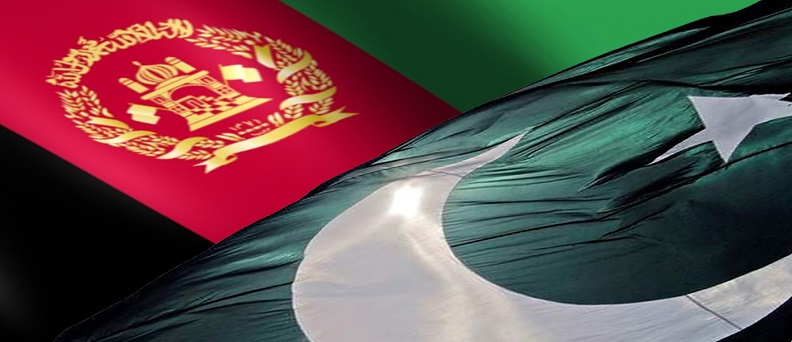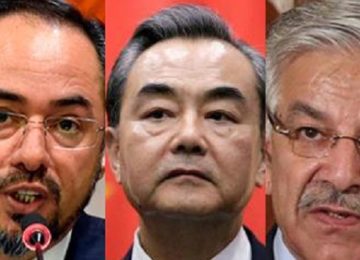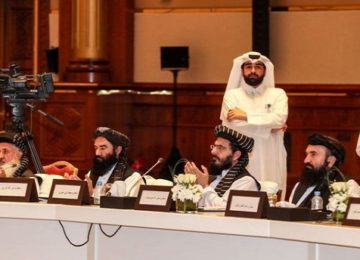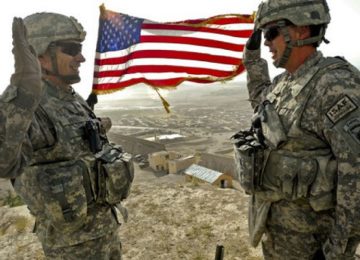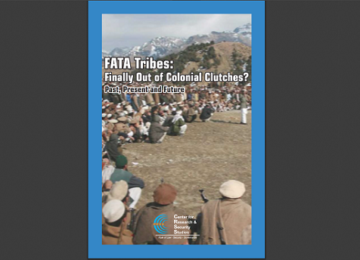By Talal Raza
On July 24, 2017, the beautiful cities of Kabul and Lahore were rattled with suicide terrorist attacks. Around 50 people were martyred in both cities owing to these cowardly terror attacks. However, before I could jump on to the opportunity of once again bashing Afghanistan for Pakistan’s security woes, I was held back by the sympathies offered to me by Afghan students during a dialogue.
I was lucky to participate in Pak-Afghan Youth Dialogue organized by Center for Research and Security Studies, Islamabad. The dialogue was attended by youth from Afghanistan and Pakistan. The topic of discussion was the role of media and social media in Pak Afghan relations. I kept thinking about this topic and realized how suffocated our media seemed when it came to candidly discussing foreign policy and security issues.
There was a time when Pakistani media used to critically dissect not only the domestic political issues but also foreign policy and security challenges. Although, the debate would have not been very mature but there was some urge to critically analyze issues. However, over the past few years, it seems that the media has taken a downslide and simply shunned its responsibility to raise critical questions on security and foreign policy matters. Instead, we now have a situation where private TV channels more or less toe the line of establishment on foreign policy and security issues. The outcome is that clichéd narratives such as “Nexus of RAW-NDS is destabilizing Pakistan” overshadow any discussion and leave little room for an intellectually enriching debate. Thus, common Pakistanis, who do not have enough time and resources to read books, journal articles or even experts of Pak-Afghan relations, carry these narratives with them without full contextual knowledge or information. I would like to emphasize that I do not mean that there is no nexus of foreign intelligence agencies in Pakistan. But looking at Pak-Afghan relations only through that prism and that too without critically analyzing it, only hinders understanding of the root causes of tense Pak-Afghan relations.
It was interesting to note during dialogue that the youth of Afghanistan also shared similar concerns about their local media. They also realized that media on their side only projected negative side of Pakistan. Some members of the dialogue even complained that the people of both countries didn’t have access to TV channels of each other. However, renowned journalist Tahir Khan called it a blessing in disguise as he believed that the content of the channels was such that it could stoke feelings of animosity rather than reduce it. He pointed out that the agenda of our news programs was being set by the powerful political actors who were responsible for the current state of unpleasant Pak-Afghan relations.
However, participating in the discussion made me realize that people from both countries have lost faith in the objectivity of conventional electronic and print media. Instead, they are looking at social media that, despite its own set of challenges such as fake and unverifiable news, might be able to provide us with crude yet honest views of a situation. I pointed out that a lot of journalists in Pakistan quite often took to social media to share the views that were earlier censored by their media organizations. In fact, instead of waiting for conventional media to help quell misunderstandings among Pakistanis and Afghans, we all agreed that we could use social media to create a campaign rooted in understanding, tolerance and respect for people from both countries. I suggested that the campaign should highlight the sufferings of Pakistanis and Afghans owing to terrorism at the humane level. It should also focus on other issues such as poverty, polio, trade and make people realize that the relationship between the people of Pakistan and Afghanistan had many other common interests and challenges that warranted equal attention. Another suggestion that I really liked from one participant was to set up joint media channels/social media sites from both sides to promote peace and harmony among the citizens.
However all these suggestions cannot be regarded as quick fixes. These are baby steps to replace the prevalent myopic narratives with tolerant ideas that promote cordial relations between the people of two countries at least in cyberspace.
The author Talal Raza is a political researcher and digital rights activist and participant of Second Pak-Afghan Youth Dialogue.
Disclaimer: Views expressed in the article are not necessarily supported by Afghan Studies Center.
About Afghan Studies Center: The Afghan Studies Center is an initiative by the Center for Research and Security Studies, Islamabad – an independent and non-profit think tank and advocacy center. One of the primary objectives of the Afghan Studies Center is to serve as a bridge between the youth of Pakistan and Afghanistan to interact with each other and join hands to become leaders of change and messengers of peace and cooperation beyond boundaries. To achieve this objective, the Afghan Studies Center invites young Afghans to share their story using our platform with the youth of Pakistan as well as the world.



